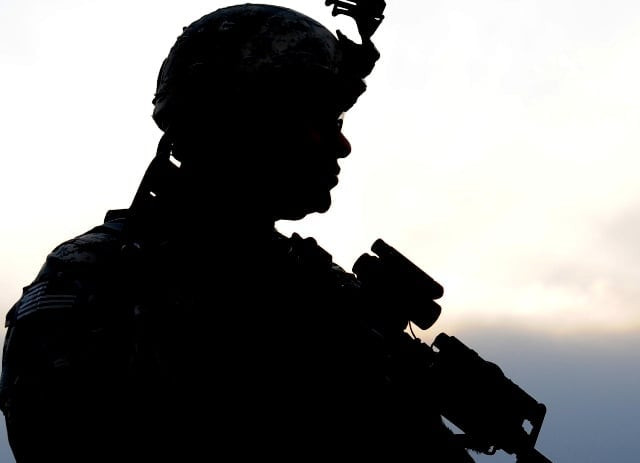Withdrawing from Afghanistan
With US troops withdrawing the onus will shift to Pakistan to do more, with a subsequent increase in drone strikes.

The president will never admit that much but the surge has failed to the extent that he sees no point in keeping these troops around. The extra soldiers were supposed to help train Afghan police to carry on the fight against the Taliban. Given the fact that the US, too, has now approved negotiations with the Taliban, the surge has not been anything remotely resembling a success.
Even with this initial drawdown, the original Isaf troops who have been bogged down in Afghanistan will remain. And for Pakistan that may be a good thing. If the US decides to wash its hands off Afghanistan altogether, the focus will turn even more heavily on Pakistan. Drone attacks will become even more frequent and, having failed to defeat the Taliban on its own, the US will be even more insistent that Pakistan’s military tackle the Taliban in North Waziristan and elsewhere on its own.
US and Nato troops may still remain in great numbers in Afghanistan but Obama’s announcement is nonetheless a policy shift. And it is one that is likely to make Pakistan and its military continue its double game. With the US likely to be out of the picture soon, the military leadership may feel that Pakistan will need the Taliban as a buffer against India and to secure its interests in Afghanistan more than ever. As predictable as it is that this is what the military will be thinking, it is important to point out that this is a flawed tactic. Empowering the Taliban only leads to greater militancy at home. It is also high time we abandon our obsession with India and realise that peace, not confrontation, is the way ahead.
Published in The Express Tribune, June 25th, 2011.



















COMMENTS
Comments are moderated and generally will be posted if they are on-topic and not abusive.
For more information, please see our Comments FAQ